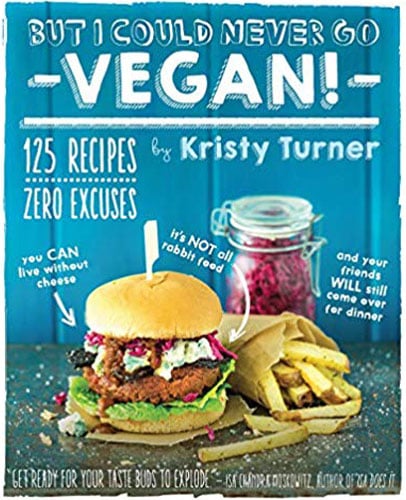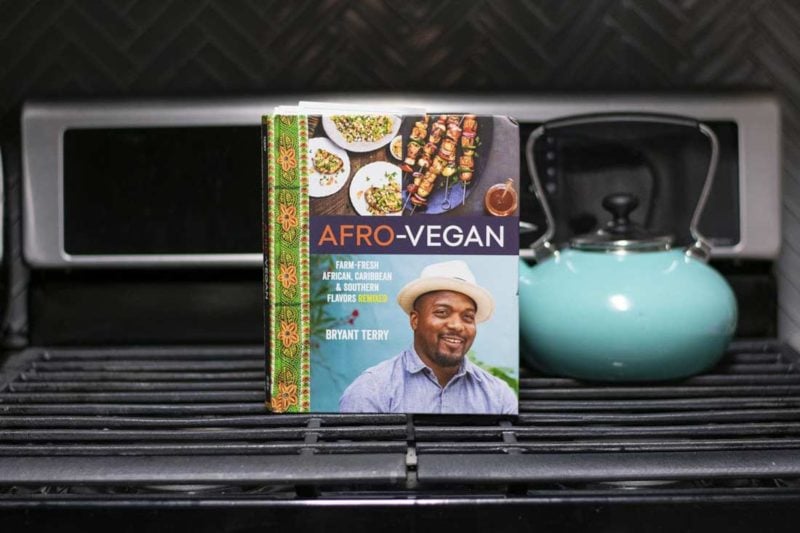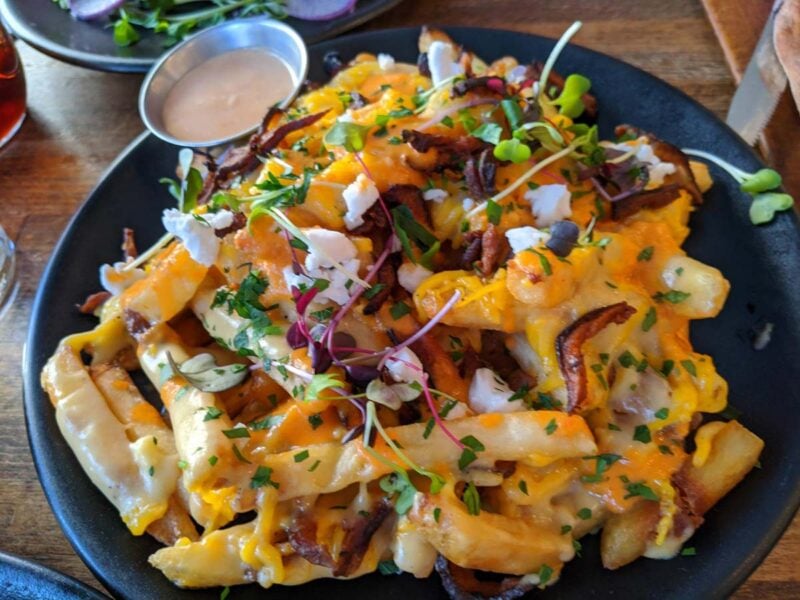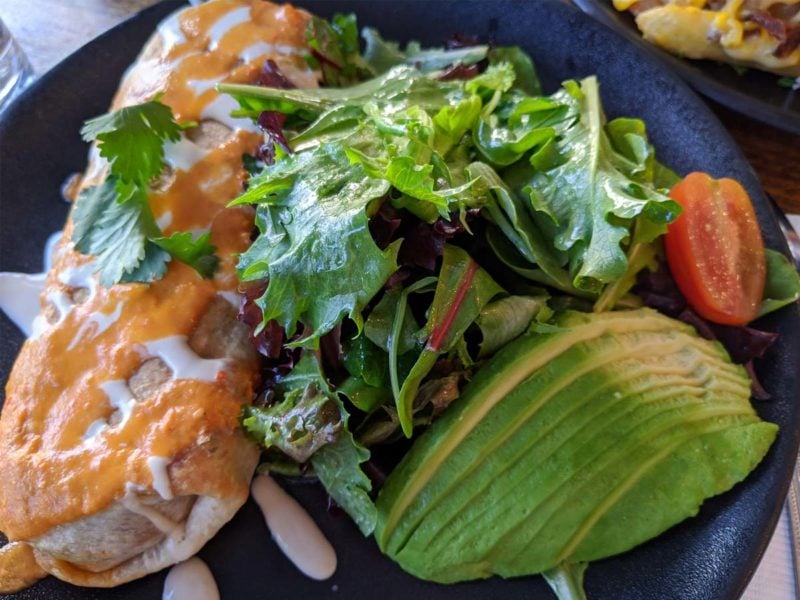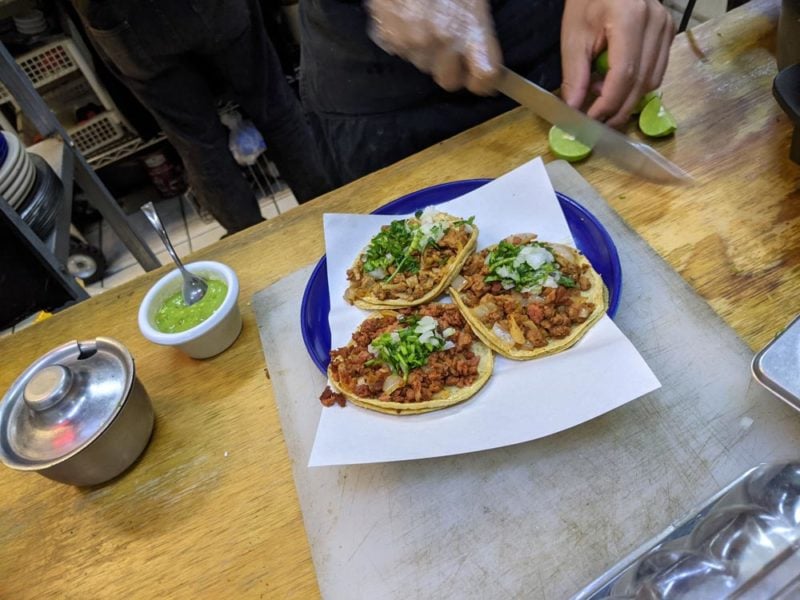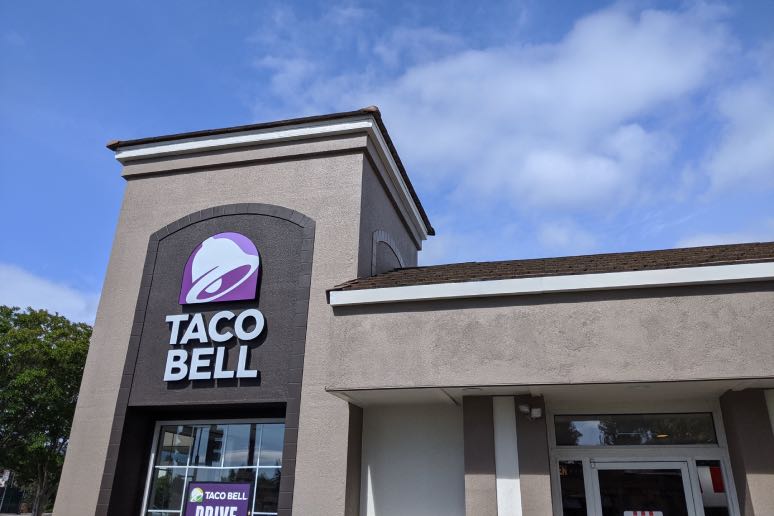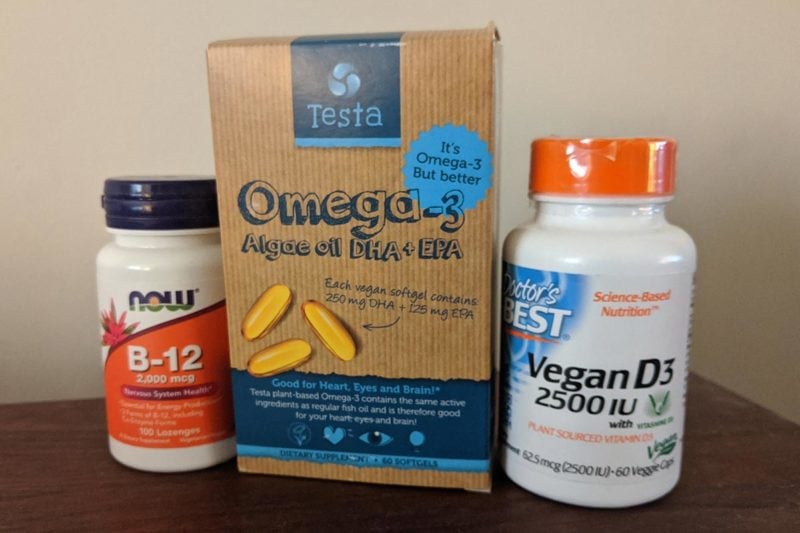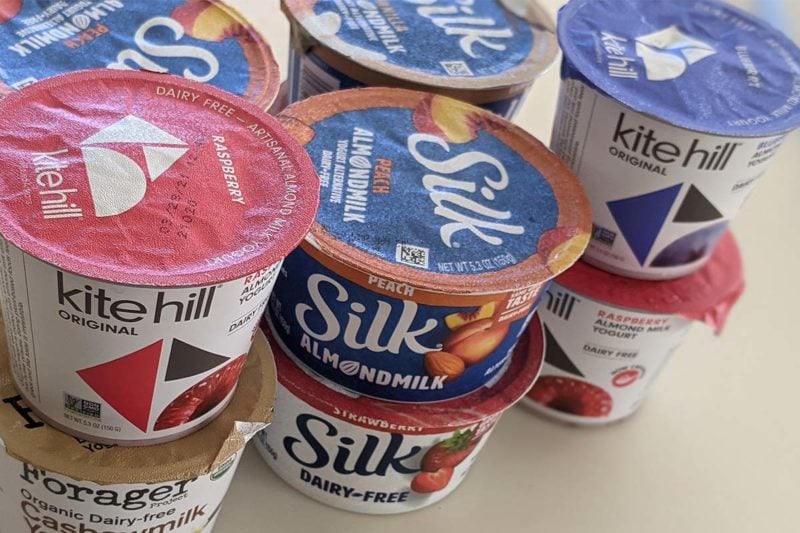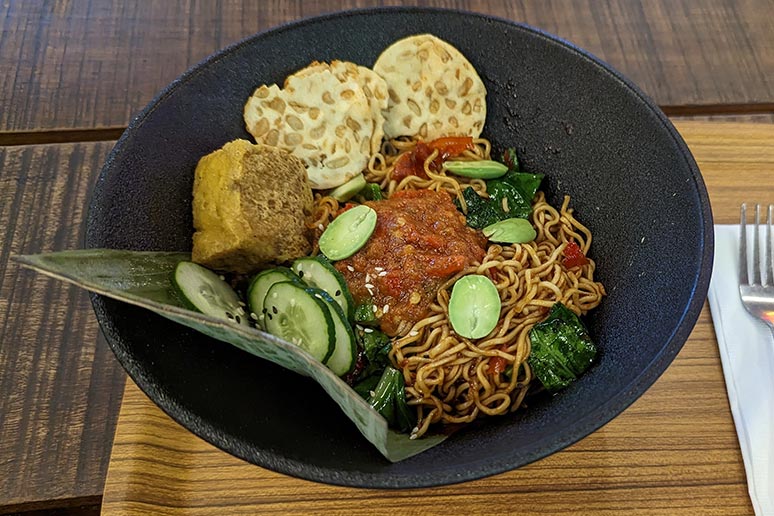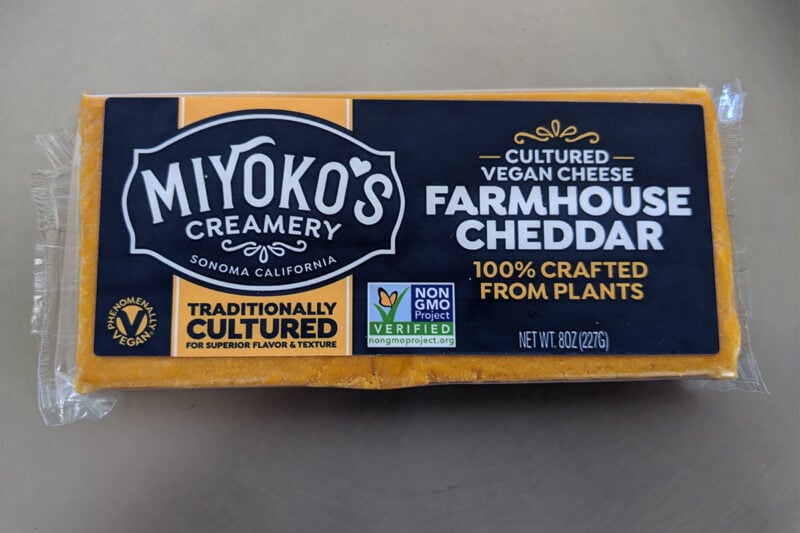by Hillary Rettig
Telecom companies often say that it’s easier to lay cable across an ocean than it is to connect the end of that cable to the thousands of homes that need internet. They call this the “last mile problem,” and we have one in veganism, too. It’s one thing to read about some great new vegan product, or that another celebrity has gone vegan—and another thing entirely to find the information and encouragement needed to move toward a plant-based lifestyle.
The reality is that people commonly need repeated personal interactions to go vegan. They need teaching, encouragement, mentoring, and support—not to mention the plentiful availability of vegan options at their local stores and restaurants. They also need to see veganism accepted by their friends, neighbors, and others in their community. After all, Joaquin Phoenix and Serena Williams won’t come to your house to provide an in-person vegan cooking lesson.
So we need local vegan groups everywhere—and by “everywhere” I mean every city, town, village, suburb, exurb, treehouse, hobbit hole, etc. Everywhere there’s people and food, there should be someone advocating—kindly, intelligently, and with an understanding of the local culture–for veganism.
Fortunately, building a local group happens to be one of easiest and most fulfilling types of activism you can do. I know, because I’ve built one, Vegan Kalamazoo. Below is our story, along with some tips that you can use to start a group in your community.
Start Small
Vegan Kalamazoo began with a single monthly meetup at a local restaurant. Our first meeting consisted of three people: me, my partner, and Chris Hendrickson, who had gotten the idea of founding a local vegan group at almost the exact moment I did.
We promoted the group on Meetup.com and Facebook. Before long we had attracted about twenty members who were participating regularly. These were, for the most part, devoted vegans who had previously felt isolated, each believing they were the only vegan in town. And so, when they saw the opportunity to join a vegan group, they jumped at it.
Very early on, we got a professional to design our group’s logo, and also our banner, business card, and website. (Our tagline is a nifty play on Kalamazoo’s motto, “Yes, there really is a Kalamazoo!”) This initial design work cost money, but it was 100% worth it. Especially when you’re just starting out, a professional appearance helps you feel prouder and more confident, and encourages others to treat you with respect.
Promote to the Max!
Soon, we were growing by a dozen or so new participants a month, mostly through Meetup and Facebook. While this initial success was great, I was hungry for more. I want everyone in Kalamazoo and the surrounding area to at least be on our mailing list, if not actively participating online or at events. (If they’re on the list, at least you can contact them and keep encouraging them.) And, sure, I know that that “everyone” is utopian. But there are lives at stake with every meal—and, anyway, I’d rather fall short of a big goal than accomplish a tiny one.
To grow your group as fast as possible, you have to relentlessly promote and partner, and you also have to make sure your group is a positive and welcoming environment for everyone. Below are the techniques we used to do all that. It’s a long list, but don’t panic! We basically tried one thing at a time; and when we got good at it, tried another. Also, you should focus on the things you enjoy and are best at. (For instance, I’m not great with kids, so I leave the school outreach work to others.)
We promoted by:
- Holding events at many venues, targeting a variety of audiences. We’ve held workshops, potlucks, restaurant meals, movie screenings, discussion groups, and many other events at stores, restaurants, schools (K/12 and university), community centers, libraries, religious organizations, and homes throughout our area.
- Promoting every event to the max, using a diversity of media. Social media’s certainly important, but we don’t neglect also submitting our events to newspaper and alt-weekly event calendars. We also create a monthly flier where we list all our events and post it everywhere we can. And when we have a special event, we post flyers everywhere.
- We table at as many big health, social justice, and other high-traffic events as possible. These include our town’s Farmers Market, PRIDE Festival, Earth Day Festival, and Humane Society Dog Walk.
I try to plan my events at least two months in advance, to give our group sufficient time to get the word out. It’s a cycle, and you get in the groove. We typically avoid hosting events in December and August, to give ourselves a break during the times of year when people are busy with other things.
Tips for Organizing Vegan Restaurant Outings
When promoting restaurant events, list the menu in detail. People need those specifics. Also, a special, off-menu vegan dish will boost interest and attendance.
I’m seeing more and more overlap between the vegan and gluten-free communities, and so the more gluten-free dishes the better.
For all events, definitely mention if there’s good parking. (People care a lot about that!)
Partner with one of your area’s premier organizations and you’ll gain credibility and a huge audience. (I literally cried tears of joy when Kalamazoo’s world-famous Bell’s Brewery featured its Earth Day Vegan Brunch on its downtown marquee.) But don’t neglect smaller organizations that share your mission and do solid work!
No-shows are a big problem. You must avoid ever having a restaurant prepare a lot of extra food and hiring extra servers, and then have people fail to show up. This reflects so badly on you and your group! I’ve learned to “undercount” RSVPs by at least a third when talking to restaurants, and I’m also a big fan of having people prepay nonrefundable deposits for the full meal.This keeps the restaurant from getting burned by people who don’t attend.
Whether you’re hosting a local restaurant outing, or tabling at an event, always collect email addresses, so you can send the people you meet a monthly email! Get a health food store or other business to donate a vegan gift basket or gift certificate prize for a drawing, and that will really encourage signups. (Note: some groups use a laptop to collect emails. That’s a great idea because it eliminates both the giant data-entry chore and having to decipher people’s illegible handwriting.)
Will You Be My Partner?
Partnering is when you have an ongoing relationship with an organization or person, during which you hold events together, cross-promoting each other at every opportunity. We mostly partner with:
- Local health food stores. They share many of our values, and stock essential vegan products. They also usually have community spaces we can use for free. In return, we promote them heavily at our events and on social media.
- Restaurants and other businesses with vegan options. We also promote them heavily and maintain up-to-date lists on our Website. (Kalamazoo Candle Companyis an example of a non-food business we partner with.)
- Nearby vegan groups. We stay in regular contact with our neighboring vegan groups in Grand Rapids, Battle Creek, and South Bend. We all cross-promote each other’s events and provide other support as well.
- Local chefs. Our area is blessed to have several excellent vegan chefs, and we promote their food and their work at every opportunity.
- National Organizations. These groups are a wonderful source of advice and materials.
So far, I’ve discussed how to get people to come to your events, join your Facebook group, etc. The next few sections are about how to treat them once they do show up.
Stay On-Message
We have a few core messages that, offline and online, we convey at every opportunity:
- Go vegan!
- Veganism isn’t a sacrifice, but a healthy and fun way to eat, and live.
- A vegan lifestyle is wonderful for everyone, and everyone is welcome in our group regardless of their particular motivations for adopting a plant-based diet.
- Veganism is a process—and every vegan meal you eat is a success and step along the path.
We allow no anti-vegan messaging at our events or on our Facebook group. We’re an advocacy group, not a debate society. If someone wants to debate the pro’s and con’s of veganism they should go elsewhere. At the same time, we try to be very truthful and fact-based, for instance about the impacts of eating an unbalanced diet or not getting a reliable source of B-12.
We also actively discourage the “vegan” vs.“plant-based” debate, which, in our experience, doesn’t accomplish much, and is a turnoff to many. Whatever label someone wants to use for themselves is fine with us. And when dealing with vegetarians, pescatarians, reducetarians, and so forth, we always applaud what the person is already doing, while encouraging them to take another step toward a vegan lifestyle.
We also try to model great vegan activism and advocacy, including:
- Asking stores and restaurants for more vegan options.
- Providing effective encouragement for vegans-in-progress.
- Standing up for vegans and veganism at home, work, online, and elsewhere.
- Supporting vegan-owned businesses and our local vegan chefs.
- Remaining relentlessly positive! Celebrating local and global vegan victories. Being optimistic about our vegan future.
Welcome, Welcome, Welcome!
Vegan Kalamazoo aspires to be the helpful, friendly face of veganism in our area. We always encourage people to approach us on any vegan-related topic. This means we never mind when someone asks about protein, or which local restaurants have vegan options. (Even if we’ve answered those questions a zillion times!) If someone is interested in taking a step away from animal products for any reason, we consider that an excellent thing, and respond accordingly.
It’s important to explicitly welcome people to your group and its events, because people don’t always assume they’re welcome, especially if they’re not vegan. For example, we’ve had “health vegans” tell us they thought our group was just for so-called “ethical vegans.” We never want anyone to feel unwelcome in our group, and so, along with the normal greeting of newcomers online and at events, we also do these things:
- All our event descriptions include this text: “As always, at Vegan Kalamazoo events, everyone is welcome, including vegans, vegetarians, and omnivores. However, we request that you only order / consume vegan products at this event, out of respect for our mission.”
- Our Facebook group rules include: “Everyone, including nonvegans, is welcome to participate and post pro-vegan content here. We also welcome people interested in veganism for any reason, including health, environmentalism, spirituality, and/or a desire to end animal cruelty and exploitation. One of the greatest virtues of veganism is that there are so many advantages to removing animal products from your life.”
- Both online and off, we state that we’re an inclusive organization, with zero tolerance for any and all forms of discrimination and hate. Now more than ever, this message is important.
Running a Vegan Social Media Page
Our Facebook group has grown to more than 2000 members, and continues to expand every month. We only allow people within a 100-mile radius of Kalamazoo, or who have a significant connection to the area, to join. The local focus keeps things very relevant! We also have some rules that help keep our efforts on track. These rules include:
- Only pro-vegan content allowed.
- We try for a mix of animal rights, health, food, fashion, and other posts. Something for everybody!
- We disallow fundraisers, even for vegan causes. Our goal is for people to feel relaxed, and not feel pressured to donate. We don’t permit pictures of cute animals (without an explicit vegan message), and adoption posts for animals not in the poster’s own care. These are great individually but would quickly swamp the group. We also disallow photos of nonvegan foods, and graphic pictures of animal suffering.
- And, finally, no food-shaming. We’ve had incidents where whole foods/plant based devotees have criticized others for eating packaged vegan foods. That’s just rude (and counterproductive).
These are all simple rules that we’re able to enforce without too much pushback, and the payoff has been enormous. Several people have told us that our Facebook group is the most friendly and positive one they’ve encountered.
We allow notices for local community events; and, in keeping with our service ethos, also allow “classifieds” for people looking for work, or have something to buy or sell. Also local businesses are invited to promote their vegan products and job openings up to twice a month.
Keep Social Media Posts Related to Veganism
Politics is increasingly a concern. You want to take a stand on important issues, but don’t want to alienate people with opposing views, or derail the group. We compromise by having one political thread a week where people can discuss local and national politics, and also non-vegan (although hopefully vegan-adjacent) social justice issues.
These rules seem simple enough but some people have trouble following them. Sometimes people make an honest mistake, for instance a newbie posting a recipe with honey, and sometimes they just don’t bother reading the rules, or they believe the rules don’t apply to them. And sometimes people just make weird choices about what to post (like the person who posted a close-up of their dog’s rash in a group where many people discuss food…)
When rules get broken, you always have to respond with patience. Showing patience can be a challenge. That’s especially true when someone gets defensive after you’ve taken down their post, no matter how much warning they’ve had, or how justified you were for removing it. Which brings us to…
Check Your Ego at the Door
Probably the most challenging part of running a local group is you must personally put yourself on the line in order to grow. You have to be able to stand up, speak up, and reach out to people. Much of the time you’ll have no idea about whether you’ll get a positive response—although these days you almost always do!
Unfortunately, unless you’re careful, too much passion for a particular point of view can turn into arrogance. A few years ago, a vegan activist in our community got into a huge social media spat with a respected local business owner. The argument went on and on, with the activist (whose demands, I felt, were unreasonable) getting angrier and angrier, and the business owner trying to respond professionally until she finally gave up. I cringed reading it, wondering how many others were also reading it and getting a negative impression of veganism.
The bottom line is: you can’t wing it. If you’re going to promote veganism, you need to know what you’re doing, and you’ll ultimately need to work on your own unresolved psychological issues. (Because, I can promise, activism will push all your buttons.) Obviously we all occasionally screw up and I’m no exception to that. But the goal is to make as few gaffes as possible. So I’m constantly reading up on, and listening to, information on social change, personal change, and communications. (See Vegan.com’s list of recommended books.)
I also stay abreast of vegan news and controversies; and strive to know the essentials of all topics that relate to veganism, including nutrition. Please note that you don’t have to be a “super-expert” on all of these topics! You just need to know enough to answer most questions, and to know where to find the answer for the others. (Fortunately, our group, like most, includes experts on topics like nutrition, fitness, and cooking; and of course there are also many resources online.)
It’s also important to be aware of “non-vegan” events and trends in your community, out of respect for the people whom you’re trying to influence, and so you can take advantage of opportunities to make a connection. When the news broke that shoe company Wolverine World Wide had poisoned water supplies throughout Michigan with toxic byproducts from leather processing, for example, I was able to post messages about how, “Besides being cruel, leather is poisoning you and your neighbors.”
Creating New Activists
I mentioned some of the people I work with earlier (restaurateurs, chefs, etc.). Here are some others:
My fantastic partner, Jan. Besides going vegan himself immediately after we met, Jan is 100% supportive of Vegan Kalamazoo and its goals. He does a lot of behind-the-scenes labor for the group—like proofreading and lugging tabling supplies—and he’s a super strategist who gives terrific advice.
A few dedicated volunteers. I especially appreciate the people in charge of organizing and hosting our monthly events, because that significantly frees my time to continue growing the group.
Our social media manager. More on this role below.
I want to shout out here to local organizers I know in other cities. Many are older women who have been doing this work for years, often without much recognition or credit. (And, in some cases, while taking ongoing flak from other activists who disagree with their approach.) If I had money to endow an award it would be for one of these noble local organizers. And, speaking of money…
Getting Real About Time and Money
I am fortunate enough to be able to work for twenty hours a week, without pay, on Vegan Kalamazoo. My other career is writing, which is very flexible; and I have few other obligations and responsibilities. While this is partly by design—Jan and I live simply in order to have more time and cash to spend on our activism and other priorities—I’m also relatively privileged when compared financially to other people, and I want to acknowledge that.
Twenty hours every week amounts to a substantial amount of time, but it’s not infinite. There’s a lot of work to be done, so I’m careful about where I put my time. In particular, I don’t work with people or organizations that are hard to work with. If someone’s not reliable, or is difficult to communicate with, or brings drama, I end the interaction as quickly as possible.
And if a given activity doesn’t quickly bear fruit—for instance, if it doesn’t bring lots of new people into our group, or result in a new store or restaurant offering vegan options—I move on to other projects.
Jan and I spend around $1,500 a year of our personal money on Vegan Kalamazoo. Here, approximately, is how we spend it:
- $800 for a social media manager (approximately eight hours of time spent per month, excluding December and August.
- $400 for fees to table at popular events (yeah, we ask for freebies when we can get them, but if an event is popular—which, of course, makes it great for tabling—often you can’t get a freebie. Also, some events, like our local VegFest and PRIDE festivals, we want to support.)
- $200 for one “big” purchase per year (e.g., a printed banner, canopy for outdoor tabling, or Website improvements).
- $100 for miscellaneous supplies and photocopying
About that social media manager: without her, I’d be so busy posting events and doing other related tasks that I wouldn’t have time to focus on strategy, promotion, and partnerships. Plus, since she’s an expert in social media, she does the job far better than I could.. And yes, I’d certainly use a volunteer for this gig if I could, but good, reliable and well-qualified volunteers are hard to find. So, I’m incredibly grateful that we can afford to pay for this assistance, and I consider it a fantastic use of funds.
It’s certainly possible to build an effective local vegan organization without investing any money, but it would doubtless be much harder. If you want to help promote veganism but lack the time to run a group, please consider helping pay the expenses of a hardworking local activist!
My partner and I chose not to register as a 501(c)3, by the way, because of the paperwork and expense—and especially because we don’t want to spend a lot of time fundraising. Not being a legal nonprofit also means that we can freely discuss issues with local politicians without worrying about violating anti-lobbying laws. To date, this decision has served us and the group well. Will we continue to avoid the non-profit route? Time will tell. In the meantime, however, I’m happy with how things have turned out. Speaking of which…
The Yield…
What have we gained through all the time we’ve invested into promotion, partnering, message discipline, and so forth? The results have been outstanding!
- After six years, we’re up to nearly 5,000 people spread between our Facebook group, Meetup group, and mailing list. We hold several events every month, many of which have dozens of attendees.
- Dozens of local restaurants now serve great vegan options, with new ones coming on board almost every month.
- Our growth is only accelerating. In the early days, we were growing at a dozen people a month. Now it’s more like a dozen every week!
- And we’ve helped support the growth of at least a couple of other area vegan groups.
At the start of this guide, I mentioned our co-founder Chris Hendrickson. A couple of years after we founded Vegan Kalamazoo, he accepted a position with The Humane League, and is now their California Campaign Manager. (Creating new activists and organizers is the best yield of all!)
Not bad for a group in a small midwestern city! If we can do it here in Kalamazoo, you can, too—wherever you are! One or two local activists is all it takes to turn a community that’s dead to veganism into a thriving vegan hotspot.
Finally, Be Grateful
People tend to think of activism as a sacrifice, but it is really a gift. I’m a better, more accomplished, and more connected person as a result of organizing Vegan Kalamazoo, The work also gives me enormous pride and satisfaction. To help build a vegan world seems to me the best possible use of my time; and to watch as key pieces of that world pop up in real time all around me—and at a speed none of us could have predicted!—is sublime. (It’s also healing, given that so much other news is so depressing. Many times I’ve read a random piece of disturbing world news, and found myself thinking, “Thank god I’m vegan.”)
I’ve also met the most wonderful—friendly, fun, thoughtful, committed, and kind—people through my activism.
So I’m grateful for the opportunity to do this work in community with such wonderful people. And I encourage you to also see locally-based vegan activism as the wondrous, life-enhancing experience it is. (And please don’t forget your self-care!)
Best wishes to you in your vegan activism and all other endeavors. Together, by taking advantage of the opportunities in our local communities, we will build a vegan world,



